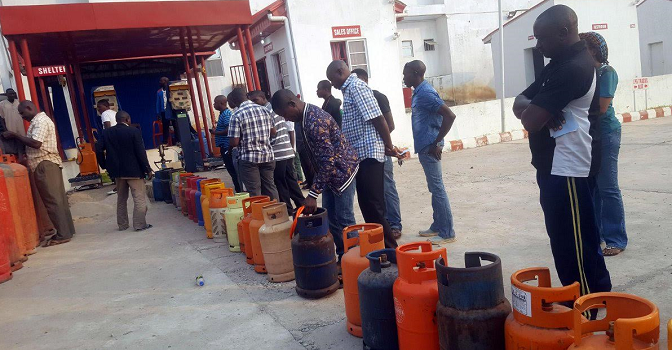
Pregnant Woman Loses Twins After Trekking in Labour Over ₦28,000 Delivery Fee
- Entertainments
- 31.08.2025
- No Comment
- 89
Pregnant Woman Loses Twins After Trekking in Labour Over ₦28,000 Delivery Fee

The tragedy has renewed calls for urgent reform in Nigeria’s healthcare system, especially concerning maternal and child care.
With no money in hand and her husband reportedly ill, she attempted to trek in labour to raise the amount, a situation that worsened her condition.
A Good Samaritan noticed her struggling on the roadside and quickly intervened, rushing her to the health centre.
Unfortunately, despite the urgent efforts made, both babies did not survive, leaving the mother devastated.

broken healthcare system and lack of affordable maternal care. Many expressed grief, anger, and frustration over the needless loss of lives.
- @chinellyempire: “I wept like a child yesterday when I watched this on Joy’s page. My country, Ndo nwaanyi ibe m. 😢”
- @david_sonofdavid: “Why put someone in such a condition under the stress of looking for money in her state? The stress worsened her complications.”
- @abigaildick5: “Transferring from one hospital to another because of lack of bed is painful. Not even one baby survived. 💔”
- @mel_likes_fashion: “If it was an advanced hospital, they would have induced her or done a C-section immediately. The stress was too much.”
many women face difficulties accessing affordable healthcare due to poor infrastructure, lack of medical staff, and financial barriers.
Cases like this highlight how the system continues to fail pregnant women and their babies.
While government hospitals are expected to provide affordable care, hidden costs such as delivery fees, medical supplies, and referrals often
make access difficult for low-income families. This leads to delayed medical attention, complications, and in many cases, preventable deaths.
Related News:
of trekking in labour. With her husband reportedly ill and unable to provide support, the woman was left vulnerable and helpless.
This reflects the struggles of thousands of Nigerian women who cannot afford safe delivery.
The sad reality is that many women in rural and semi-urban areas rely on community health centres that lack adequate resources,
forcing them into high-risk situations during pregnancy and childbirth.

and ensure accountability. Citizens are demanding policies that prioritize free maternal healthcare services for pregnant women,
especially for vulnerable groups who cannot afford basic medical fees.
Activists are also urging state governments to invest more in healthcare infrastructure, provide free delivery services, and employ
more trained medical personnel to reduce maternal and infant mortality.
Experts argue that maternal healthcare should be completely free, as no woman should lose her life or her child due to financial constraints.
Civil society organizations are now pushing for reforms that guarantee safe and affordable delivery care.
Her story reflects the struggles of millions of Nigerian women who face fear, uncertainty, and financial hardship during pregnancy.
Her courage to walk in labour and her resilience amid despair shed light on the strength of Nigerian women, but it also underscores
the failures of a system meant to protect them.
Until policies are reformed, resources improved, and healthcare made free and accessible, many more women and children
risk suffering similar fates. This tragedy must serve as a wake-up call for urgent and decisive action.
No woman should lose her babies or her life because of a ₦28,000 delivery fee.







